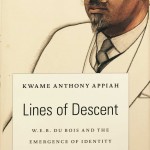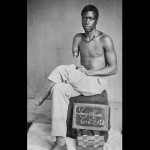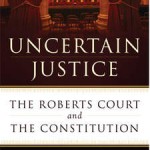
The Uncertain Power of Blackness
A new book reveals how Du Bois wrestled with many of the questions that trouble Americans today: the difficulty of discussing the connective bonds of race without reifying it, the challenge of rooting the concept of blackness in the history of slavery, and the struggle against racial injustice without reducing it to a narrative of sorrow and suffering.









